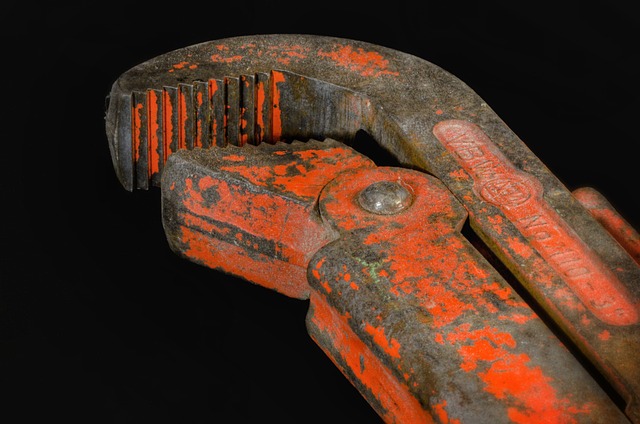PEX piping is a superior choice for plumbers due to its enhanced durability, corrosion resistance, and flexibility compared to copper. Its ability to withstand harsh conditions and poor water quality, coupled with reduced maintenance needs, minimizes installation time and costs. Plumbers can rely on PEX's consistent performance over the long term, making it an efficient option for both professionals and homeowners.
Considering a plumbing upgrade? Choosing between PEX and copper piping is crucial for durability and long-term savings. This guide breaks down the benefits of PEX piping, renowned for its corrosion resistance, flexibility, and longevity, offering a modern solution for efficient water flow. We also explore copper’s limitations, newer alloys, and cost comparisons to help plumbers and homeowners make informed decisions, ensuring durable and reliable plumbing systems.
Durability Advantages of PEX Piping Over Copper

PEX piping offers several durability advantages over copper that make it a popular choice among plumbers and homeowners alike. First, PEX is highly resistant to corrosion, which is a common issue with copper pipes over time. This resistance stems from its flexible plastic composition, eliminating the risk of pipe deterioration or leaching of harmful substances, ensuring a longer lifespan for your plumbing system.
Additionally, PEX piping is more flexible, allowing for easier installation and navigation around tight spaces without the need for numerous fittings. This flexibility also makes it less prone to breaking during freezing temperatures, a common problem with copper pipes. Plumbers appreciate the reduced labor costs and time associated with PEX’s simple expansion and compression fitting methods, making it a convenient and efficient choice for various plumbing upgrades.
– Corrosion resistance comparison

When comparing PEX (cross-linked polyethylene) and copper piping in terms of durability, one significant factor to consider is corrosion resistance. Both materials have their strengths in this regard, but they differ in their interactions with water and environmental conditions. PEX piping is highly resistant to corrosion due to its flexible nature and the chemical bonds that protect it from rust. This makes it an excellent choice for areas prone to harsh climates or where water quality issues might lead to accelerated corrosion.
On the other hand, copper has long been recognized as a durable material in plumbing. It naturally forms a protective oxide layer when exposed to air and moisture, enhancing its resistance to corrosion. However, over time, this layer can be damaged, exposing the copper to potential degradation. In contrast, PEX does not require such a protective barrier, making it more consistent in performance throughout its lifespan. This advantage is particularly relevant for plumbers, as it means less maintenance and replacement over the long term.
When considering longevity and performance, PEX piping emerges as a superior choice for plumbers over traditional copper. Its exceptional durability, thanks to enhanced corrosion resistance, makes it a reliable option for various climates and environments. By opting for PEX, plumbers can ensure longer-lasting plumbing systems that require less maintenance and repair, ultimately saving time and money in the long run.
